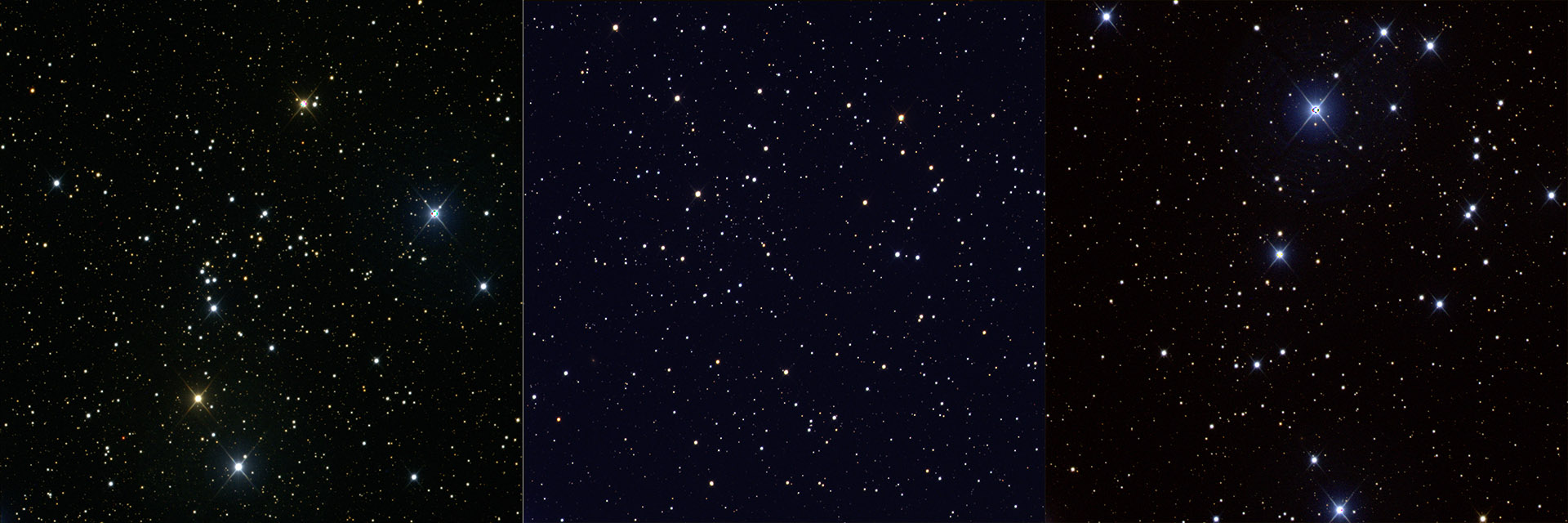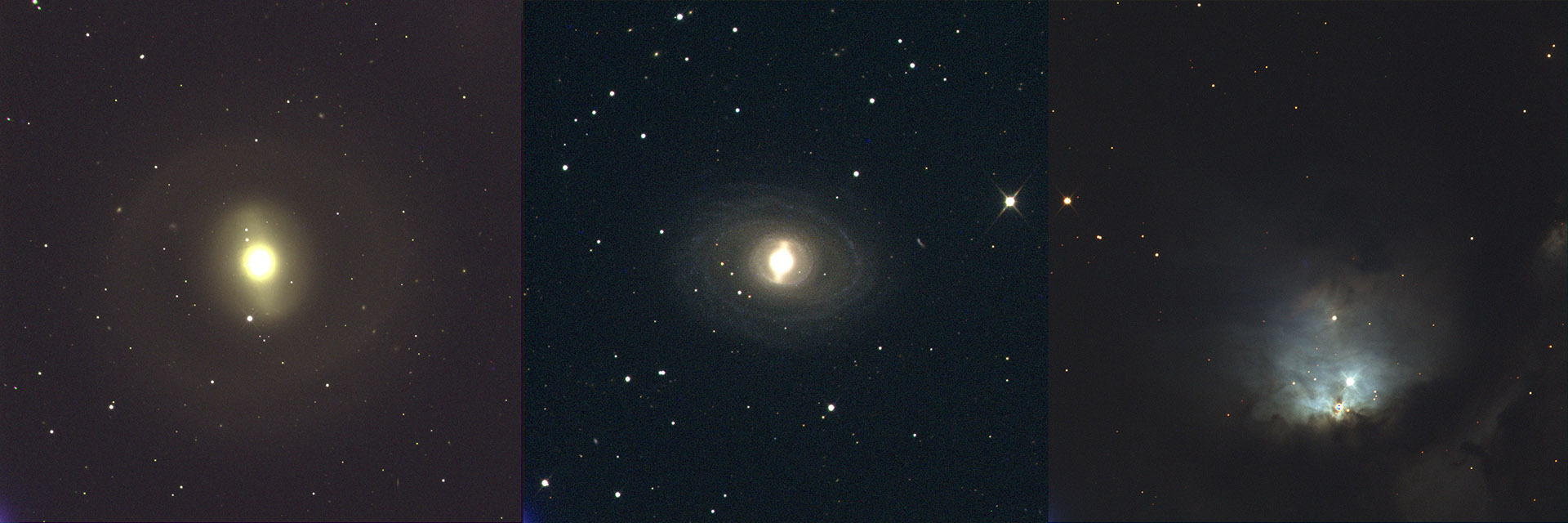As of October 27th 2014, the capacity to officially undertake education research with the teachers and students involved with the Our Solar Siblings project was approved by the Charles Sturt University Human Research Ethics Committee. This approval allows the research undertaken with the teachers and students involved with the project have been peer-reviewed to assure that the research does not negatively affect participants. It is a big mission to get this approval and rightly so! It also provides a third-party avenue for participants to request guidance or make complaints on ethical topics involving the research. Prior to this date, the efficacy of inquiry astronomy on teachers or students in this project were not allowed to be studied at all! We hope that the research undertaken by the universities will help us all learn how to teach and learn using inquiry-based astronomy as time goes on.
In other news, due to the timing near the end of the Australian school year, we have only, as yet, run the new On Sky sessions with a smaller number of teachers. Below we present images and a short story from two of these teachers, Ross Cutts from McCarthy Catholic College in NSW, Australia and Andrea Misner from 7 Oaks School in Manitoba, Canada.
If you would like to join Our Solar Siblings in 2015, please contact Michael Fitzgerald on mfitzasp@gmail.com.
Ross Cutts
Above: Three Star Clusters observed by Ross Cutts and Paul Stenning. From left, NGC 2669, NGC 2354 and NGC 2547.
Ross teaches Physics and runs Information Technology at McCarthy Catholic College in Western Sydney, NSW, Australia. McCarthy is a comprehensive Year 7-12 school with a focus on vocational education. He first got interested in astronomy when was involved with the UWS Astronomy Department, where he organised observing sessions for students and teachers. At his college, he started doing astronomy when he realised that it could be used to engage and enthuse his students . He then implemented the Space to Grow project, which utilised earlier versions of the Our Solar Sibling Materials. He found that it influenced his students, with an increased uptake of Science courses in the Senior school.
Ross was one of the first users of On Sky for Our Solar Siblings. For these observations, Ross chose three Open Clusters; NGC 2354, NGC 2547, and NGC 2669, because he wants his students to analyse the clusters in 2015. With Paul Stenning, he will be training teachers from 80 schools about implementing Our Solar Siblings. From his viewpoint, the ability to plan and obtain individually selected objects is extremely motivating and the key attraction of the project for students and teachers alike.
Andrea Misner
Above: Three Deep Sky Objects observed by Andrea Misner. From left, NGC 1291, NGC 1398 and NGC 2068.
Andrea Misner is a science teacher at Maples Collegiate High School, in 7 oaks School Division, located in Winnipeg Manitoba, Canada. Andrea’s school is one of the largest in Manitoba, with roughly 1700 students coming from various backgrounds around the world. Andrea first got interested in astronomy as a teenager when her family purchased their first telescope, and has been exploring the skies ever since. Now almost 15 years later Andrea’s passion and enthusiasm for astronomy has found its way into her classroom as an elective course.
Andrea was one of the first users of On Sky for Our Solar Siblings. For these observations, Andrea’s students chose three deep sky objects, NGC 1291, NGC 1398 and NGC 2068 based on each group’s interest. The students were really excited about having a professional grade telescope take images for them. It created a personal “cosmic connection” for the students knowing that these pictures were their images and no one in the world had these exact ones. In the future Andrea will continue to develop her astronomy course, incorporating more hands on and engaging activities, as well as use On Sky for Our Solar Siblings with her next class.


